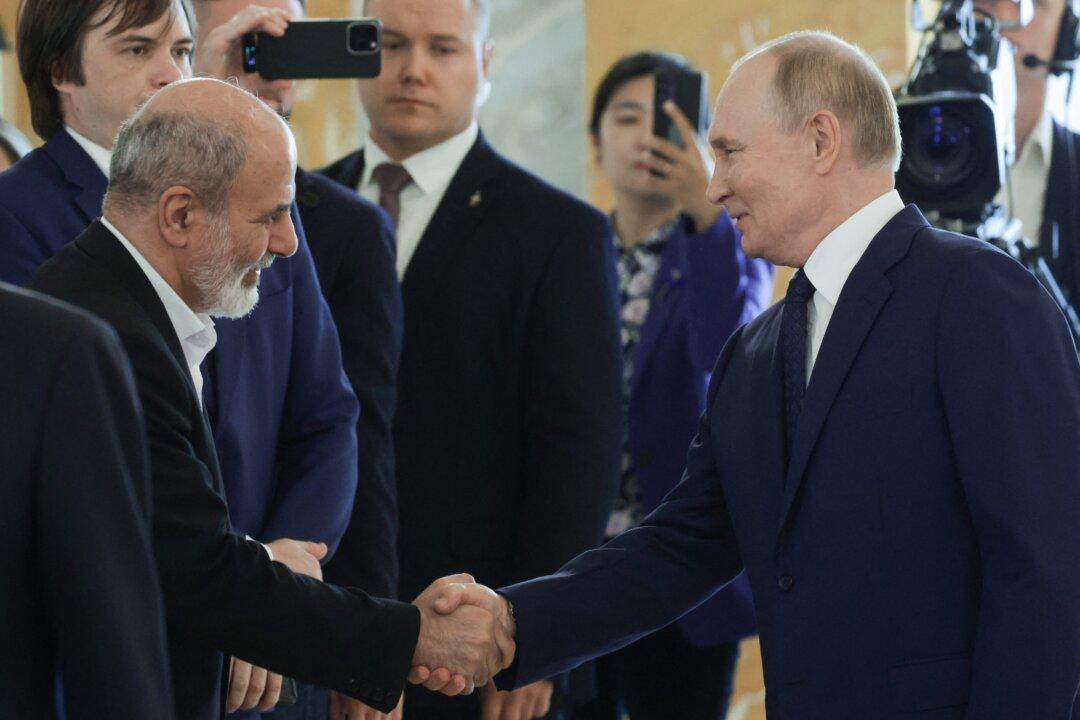A strategic partnership agreement signed on Jan. 17 between Russia and Iran may eventually lead to greater military cooperation between the two countries, Iranian President Masoud Pezeshkian has said.
He made the remark after being asked whether Tehran and Moscow seek to further enhance bilateral cooperation in the defense and military-industrial fields at some point in the future.





